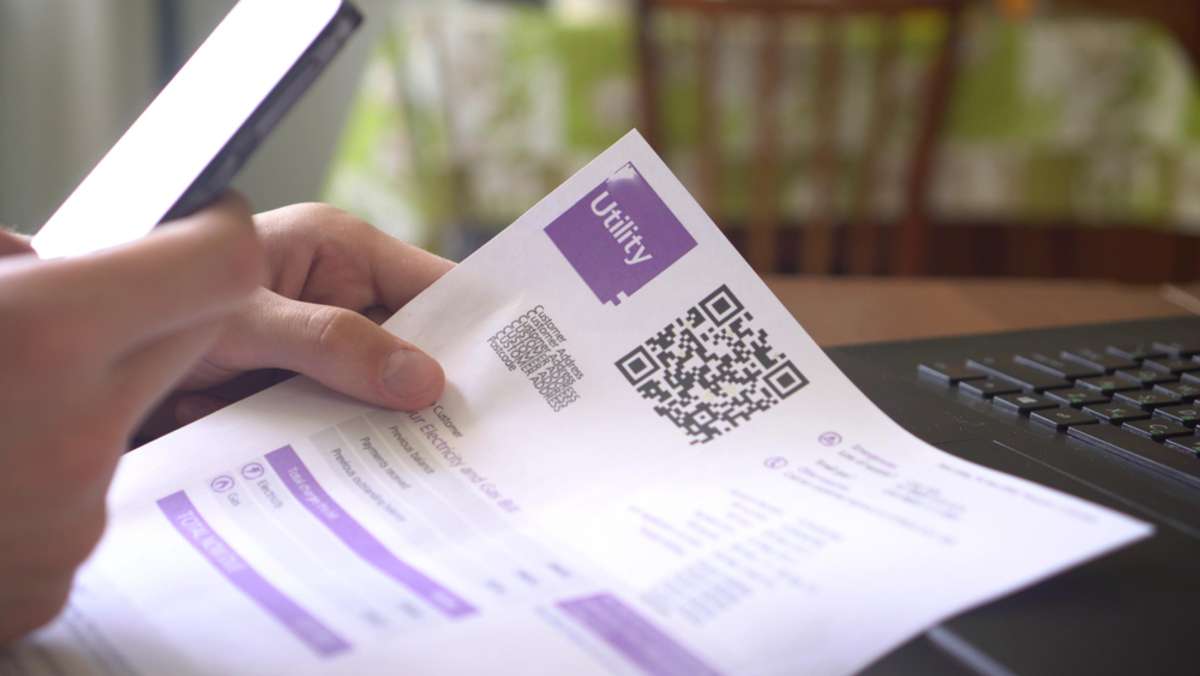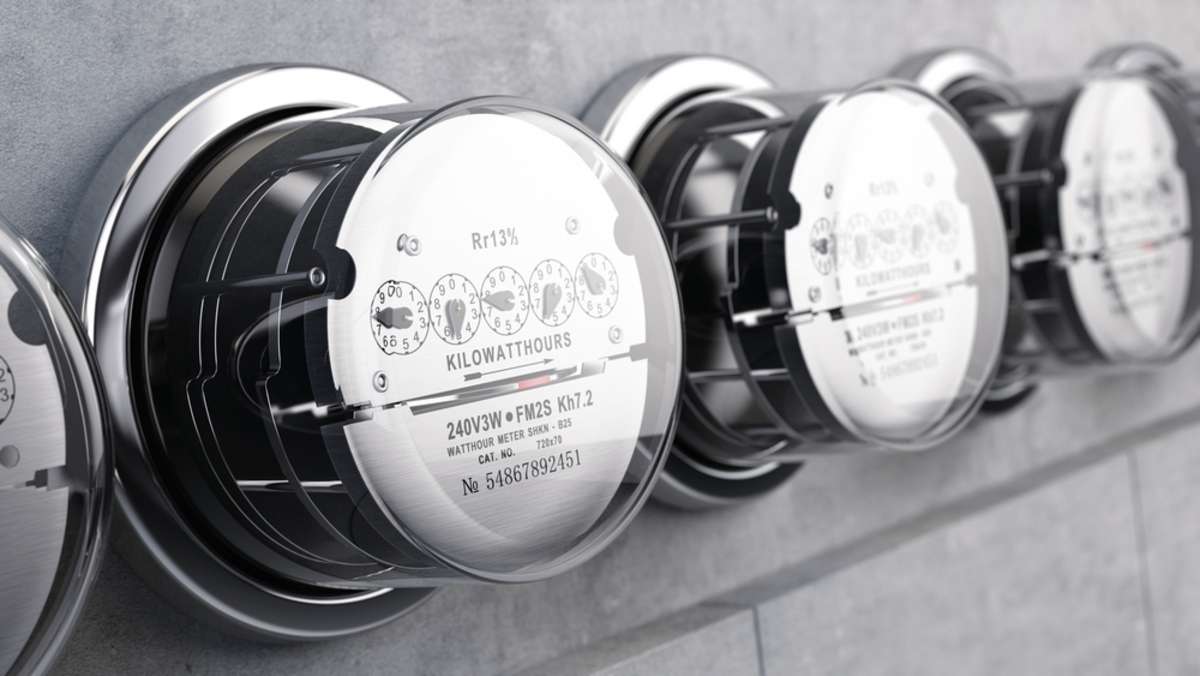One of the biggest things when it comes to property management is how to optimize utility consumption. Unfortunately, many old buildings in the Pittsburgh area lack efficiency in terms of insulation, windows, mechanical systems, and plumbing systems. People weren't really thinking about utilities and energy consumption 25 years ago, much less for 100-year-old buildings.
No matter how old your rental property is, the good news is you can hire the right partner that offers innovative energy solutions to reduce utility costs. Make utility efficiency a top priority, so make sure you don't skimp out!
In today's blog, we capture crucial information from Episode 5 of our Living Well With Rentwell podcast. In that episode, Jerry Armstrong of Thuesen Energy joined the Rentwell property management team and shared some ways to optimize your utilities, drive up the net operating income of your properties, and provide more value to your residents in terms of saving money on electricity and other utilities. Here are some crucial takeaways from that conversation.
Utility Rates Aren't Getting Any Lower
First, energy and utility rates are just going through the roof. Rental property owners also have new laws to abide by.
So the first thing that an owner-developer wants to do is find a good partner that can help them and guide the right direction to optimal utility management. Property managers don't want to get into a situation where, after they acquire an asset, they're forced into a reactive situation. You want a proactive approach to learning how to reduce utility costs.
One new thing that can help owners, especially in this kind of market where deals are just so aggressive when they go for acquisitions, is looking at the current spending on the utilities and developing a strategic plan to attack that in the business plan upfront. So that way, property owners can make the utilities more of a profit center.
You can write that deal or underwrite it more aggressively than you would have without that information to give you that upper hand during acquisition.
Old Buildings Don't Have Efficient Technology
Over the last 100 years, before many buildings were built, utilities were not what they cost today. Technology is not what it is today. So you'd build a big building, like a big residential apartment building, and the landlord would provide heat and water, probably hot water and electricity. So you have a gross lease. Everything's buttoned in, and it was cheap!
Then, the only increase that property owners captured was the increase in rent. As utility costs rise, it's almost like trying to fight against utility inflation, but you're always losing. If you standardize a rental increase of 2, 3, or 4 percent, but your rental or utility costs are going up 5, 6, 7, or even double-digit numbers, you're eroding your net operating income. You're considering more rent increases, but maybe another approach would be how to reduce utility expenses.
Or should you pass those utility cost increases on to the tenant? Now you're competing with other apartment or property owners and the true cost to rent this apartment. So, property owners have to help people reduce the expenses to retain or build back residences.
Reduce Energy Costs and Consumption
How can owners of older buildings reduce utility costs? The right property management company and utility partner can help you figure out how to take an old-watt radiator system and convert it to radiant heat, gas, or electricity. Then that old system becomes a summer-winter hookup to have air conditioning at certain points.
For a long-term buy-and-hold investment, this is an excellent investment. However, even if it wasn't a buy and hold and you plan to sell the asset in three years, it will be more valuable to that next buyer.
This process also makes your staff more efficient in doing the job they're supposed to be doing, like lease-ups and turnovers, and not having to address all the other little ancillary utility-related things that they might have to do on a daily basis.
What To Think About When Managing Properties
For a single-family home or a small multifamily building, what are some of the low-hanging fruit that property owners could do to reduce energy costs or consumption?
First, look at the building envelope. Is it sealed? Does it have air leaks? Do we have old single-pane windows? Is this an old property? Is this an old Victorian that has leaky windows and old insulation? When you do a home inspection, find an inspector who does a blower door test to check for these things.
The second thing to do is do your own due diligence. Conduct a walkthrough and take a look at the electrical fixtures. Do you have LED lights or old filament-style light bulbs and light fixtures? What's the electrical panel kind of situation? Is it circuit breakers? Or is it old glass fuses?
Plumbing fixtures would be the next one. What kind of toilets do you have? Toilets today use 0.8 gallons per flush or 1.28 gallons per flush, but you could walk into a house with three-and-a-half gallon flush toilets. So, 40% of your overall water consumed in a residential space is at the toilet. When you have waste like leaks, you notice your bills going up.
Finally, look at the big-ticket items. What's the HJC setup? How do we make domestic hot water? When you have older boiler systems that have indirect zones off of them to create domestic hot water through radiators, then it has a storage tank for domestic hot water too. Those old kinds of boiler systems are around 80-85% efficient.
One upgrade that can be a huge benefit is instantaneous water. It fires, and it turns on when a resident actually wants hot water (instead of storing water in a tank), and they're extremely efficient, potentially 96% efficient.
What is a Reverse Chiller?
A reverse chiller is all electric. It's a water-based system. The condenser unit heats and cools water. Property owners can use pretty much the same layout that's there in the house today.
So you have radiators in individual rooms and the perimeter walls of the living room. All of the radiators go away. Then, what goes in place of the radiator would be a lowboy (a fan box). This fan box has a coil inside.
With this setup, water circulates through the system to reduce the amount of heating or cooling required to deliver hotter or colder water. It's highly efficient. A reverse chiller can use existing ductwork in a home, so now you're efficiently making forced central air off the chilled water and can use it to create the domestic hot water needed from the house.
Submetering and Optimization Reduce Utility Costs
The good news is that property owners have options. With a partner like Thuesen Energy, they get in on the ground level during the due diligence phase to understand where the building is currently performing. Then, they develop a slew of different options.

Primarily those two options come down to two things.
1. Utility Submetering Plan
Submetering is a system and solution installed through every unit for electricity, gas, water, or sewer. This makes it possible to bill tenants for their actual usage.
This engages a property staff. When a system like that is first installed, owners and property managers get notifications about the inefficiencies. For example, you'll see running toilets from the central system. The account management team will tell you, "We've noticed that X, Y, and Z apartments are running at 50%, more than what they should be for this typical floor plan."
2. Optimization
If submetering isn't the best option for your investment properties, optimization can help reduce utility costs.
For example, change out all of the plumbing fixtures to low-flow fixtures. Change out the boilers and put in high-efficiency boilers. While optimization upgrades require an investment, the cost reduction and added value to a property pay off long-term.
Learn More About How to Reduce Utility Costs With Rentwell
We hope this has been helpful information! While we didn't capture the full conversation with Jerry Armstrong of Thuesen Energy here, you can listen to the full podcast episode on your favorite podcast app.
If we can help you learn more about how to reduce utility costs or our Pittsburgh property management services, reach out to our team!








